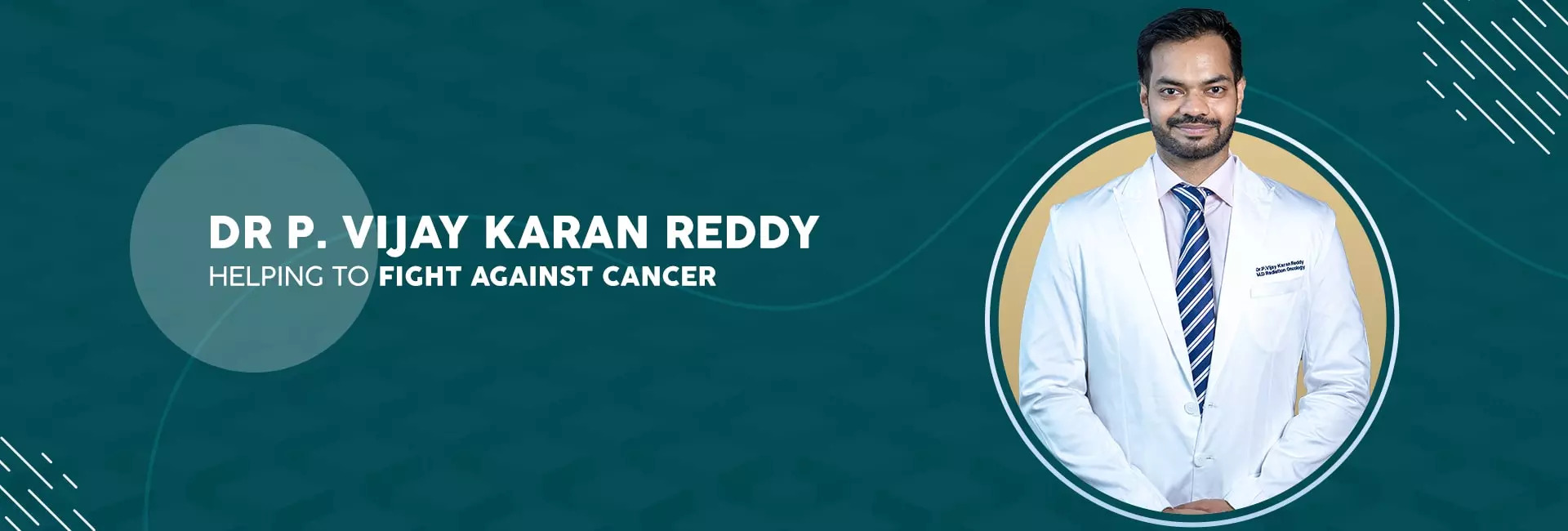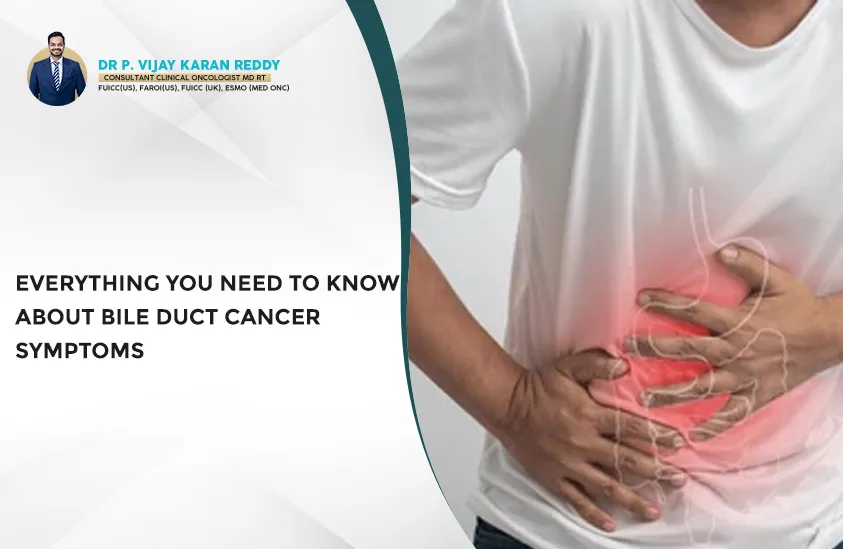Bile duct cancer, or cholangiocarcinoma, is a rare and often stealthy adversary in the realm of oncological diseases, affecting the bile ducts that play the crucial role of transporting bile from the liver to the small intestine. Due to its insidious nature and the subtlety of its early signs, this cancer can present a significant challenge in terms of timely diagnosis and effective treatment. Dr. Vijay Karan Reddy and his team are committed to shedding light on this condition, providing valuable insights into its symptoms, and guiding patients towards early detection and intervention.
Understanding Bile Duct Cancer
The bile duct system is a critical part of the digestive process, facilitating the movement of bile, a substance essential for the digestion of fats. When cancerous cells form within these ducts, they can disrupt this vital process, leading to a cascade of symptoms that, in the early stages, might be easily dismissed or mistaken for less severe health issues. This cancer's rarity and the general lack of awareness about its symptoms contribute to the challenges of early detection.
Spotting the Signs: From Subtle to Severe
The symptoms of bile duct cancer can range from subtle to severe, often depending on the tumor's location within the bile duct system and its size. Initial signs might include unexplained weight loss and persistent abdominal pain, which could easily be attributed to a variety of common ailments. However, one hallmark symptom of this condition is jaundice, characterized by a noticeable yellowing of the skin and eyes. This symptom arises from the buildup of bilirubin, a component of bile, in the body's tissues due to the blockage of bile flow caused by the tumor.
Additional symptoms may include intense itching, which results from the accumulation of bile salts in the skin, and systemic signs such as fever and night sweats. Gastrointestinal discomfort, including nausea and vomiting, can also occur, further complicating the picture and often leading to delays in seeking medical attention.
A particularly concerning symptom of advanced bile duct cancer is the onset of a bile duct blockage. This blockage can lead to a significant buildup of bile in the liver, manifesting as abdominal swelling and pain. When bile enters the bloodstream, it can trigger systemic reactions, including fever, chills, and an accelerated heart rate, signaling a more advanced stage of the disease.
In its later stages, bile duct cancer can interfere with the body's blood clotting mechanisms, leading to an increased tendency for bleeding or bruising. Changes in bowel habits, such as diarrhea or constipation, along with bloating and discomfort after eating, can also be indicative of the disease's progression.
The Imperative of Early Detection
Given the grave implications of a delayed diagnosis, it is imperative that individuals remain vigilant for the signs of bile duct cancer, particularly if they are at an increased risk due to factors such as a history of liver disease, bile duct inflammation, or certain genetic conditions. Prompt consultation with a healthcare professional is crucial upon noticing any of the aforementioned symptoms, as early detection can significantly enhance the effectiveness of treatment and improve prognosis.
Dr. Vijay Karan Reddy and his team of seasoned oncologists and leading Oncologist is dedicated to providing comprehensive care, from accurate diagnosis to personalized treatment plans. Leveraging state-of-the-art diagnostic tools and treatment modalities, we strive to offer our patients the best possible outcomes, emphasizing the importance of early intervention.
Navigating Treatment Options
Treatment for bile duct cancer can vary widely based on the stage of the disease at diagnosis, the specific characteristics of the tumor, and the overall health of the patient. Options may include surgical removal of the tumor, which offers the best chance for a cure in cases where the cancer is localized and operable. Other treatments, such as radiation therapy and chemotherapy, can be employed to target cancer cells more broadly, especially in more advanced stages where surgery may not be viable.
Innovative treatments, including targeted therapies and immunotherapies, are also emerging as promising options, offering hope for more effective and less invasive interventions. Our team at the Arete Hospital Hyderabad is at the forefront of these advancements, continually exploring new avenues to enhance patient care and outcomes.
Conclusion: Empowerment Through Awareness and Action
Bile duct cancer, with its potential for silent progression and significant impact on health, underscores the critical importance of awareness and proactive health management. Recognizing the early signs and understanding the risk factors associated with this cancer can empower individuals to take timely action, seeking medical advice and intervention when symptoms arise.
At the Arete Hospitals Hyderabad, we are committed to not only providing cutting-edge care for our patients but also to educating and empowering the community about the importance of early detection in the fight against bile duct cancer. By fostering an environment of awareness and support, we aim to enhance the chances of successful treatment and improved quality of life for those affected by this challenging disease.
In conclusion, while bile duct cancer presents a formidable challenge due to its often subtle onset and complex nature, knowledge and vigilance can play pivotal roles in combating this condition. We encourage anyone experiencing symptoms or concerned about their risk to reach out for a consultation with the Best Oncologist in Hyderabad. Together, through early detection and advanced care, we can navigate the path to recovery and hope.


